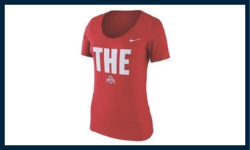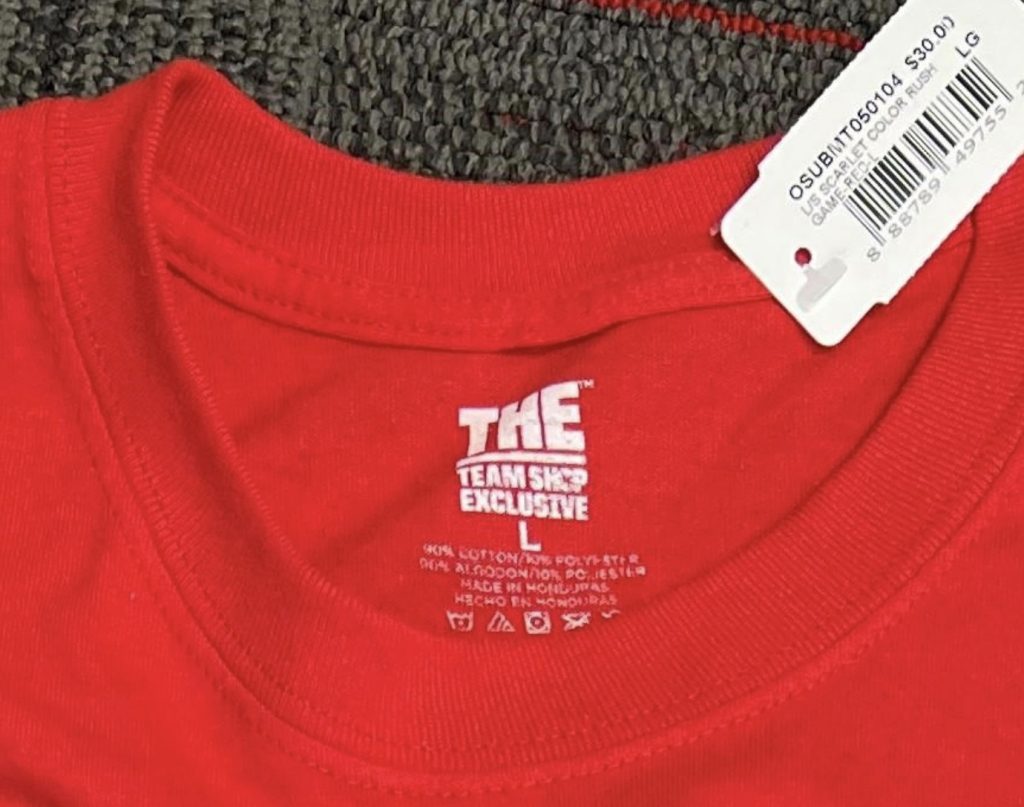Copyright consists of a bundle of rights, and the Copyright Act itself defines a “Copyright Owner” as the owner of “particular right.” (§ 101). In this sense, “copyright” is a noun, used to identify a right of ownership; it is not a verb. A trademark, on the other hand, is not a noun, nor a verb, but an adjective, modifying a noun or a pronoun. Trademark rights in the United States are obtained by public use of a word, phrase, design, sound, or smell to uniquely identify the source of a good or service. 15 USC §§1114, 1125 (Lanham Act §§ 32, 43).
But not any word can be a trademark. For example, generic terms cannot serve as trademarks. The terms, “generic” and “trademark” are antithetical, likened by one famous commentator–McCarthy on Trademarks–as an oxymoron like “square circle” or “bright darkness”. McCarthy noted, however, that a generic trademark is only generic if it identifies the same product or service. So, you cannot register a trademark called APPLE that identifies the source of apples. But, you can create an APPLE trademark for computers. So, what is generic is entirely contextual. Now, here is a puzzler: having established that a trademark is an adjective and not generic, can it be an article? Articles are words like “the” or “a”. Here’s an official definition:
An article is a word used to modify a noun, which is a person, place, object, or idea. Technically, an article is an adjective, which is any word that modifies a noun. Usually adjectives modify nouns through description, but articles are used instead to point out or refer to nouns. There are two different types of articles that we use in writing and conversation to point out or refer to a noun or group nouns: definite and indefinite articles.
Can you register an article as a trademark? Yes, you can. This month, The Ohio State University secured a trademark registration for the word THE for hats and t-shirts and other articles of clothing. Don’t laugh.
Initially, the Trademark Examiner issued a “Failure to Function” refusal because she deemed it to be merely an ornamental design on clothing. The University responded,
While the cases cited by the Examining Attorney may be appropriate for cases wherein the Applicant is the manufacturer or the producer of the apparel itself, such as the case with a fashion designer, those cases are inapposite in scenarios such as here, where the Applicant is a service provider for university level educational and athletic services as the case herein – i.e., the Applicant is not an apparel manufacturer or producer. Indeed, this is a case where the applied-for mark, namely THE (the “Applied-for Mark”), when used in connection with clothing apparel, is an indicator of secondary source and sponsorship. Therefore, the Applied-for Mark is not merely ornamental and is worthy of federal trademark registration.
In plain English, the (with a lowercase “t”) University is saying that the term THE on a t-shirt is a sign of sponsorship rather than just ornamental. We also learn from the response that THE has long been a shorthand for The Ohio State University and used by all members of the university community to refer to the university. Guess you had to have attended there to understand that.
Apparently, the Trademark Examiner didn’t buy the sponsorship argument and issued a Final Office Action restating that the trademark was ornamental and failed to function as a trademark, that is, as a source identifier. What do you do when the Trademark Examiner says your mark is merely ornamental? You place the mark on a label and then, voilá, the trademark now indicates the source of the goods. That’s what the University did:
Now, it’s a trademark. You are probably asking yourself whether you can be sued for trademark infringement every time you use the word “THE”. Ha ha ha. No, don’t worry. Unless you place the word and only the word “the” on T-shirts or hats, you’re good.
— Adam G. Garson, Esq.



